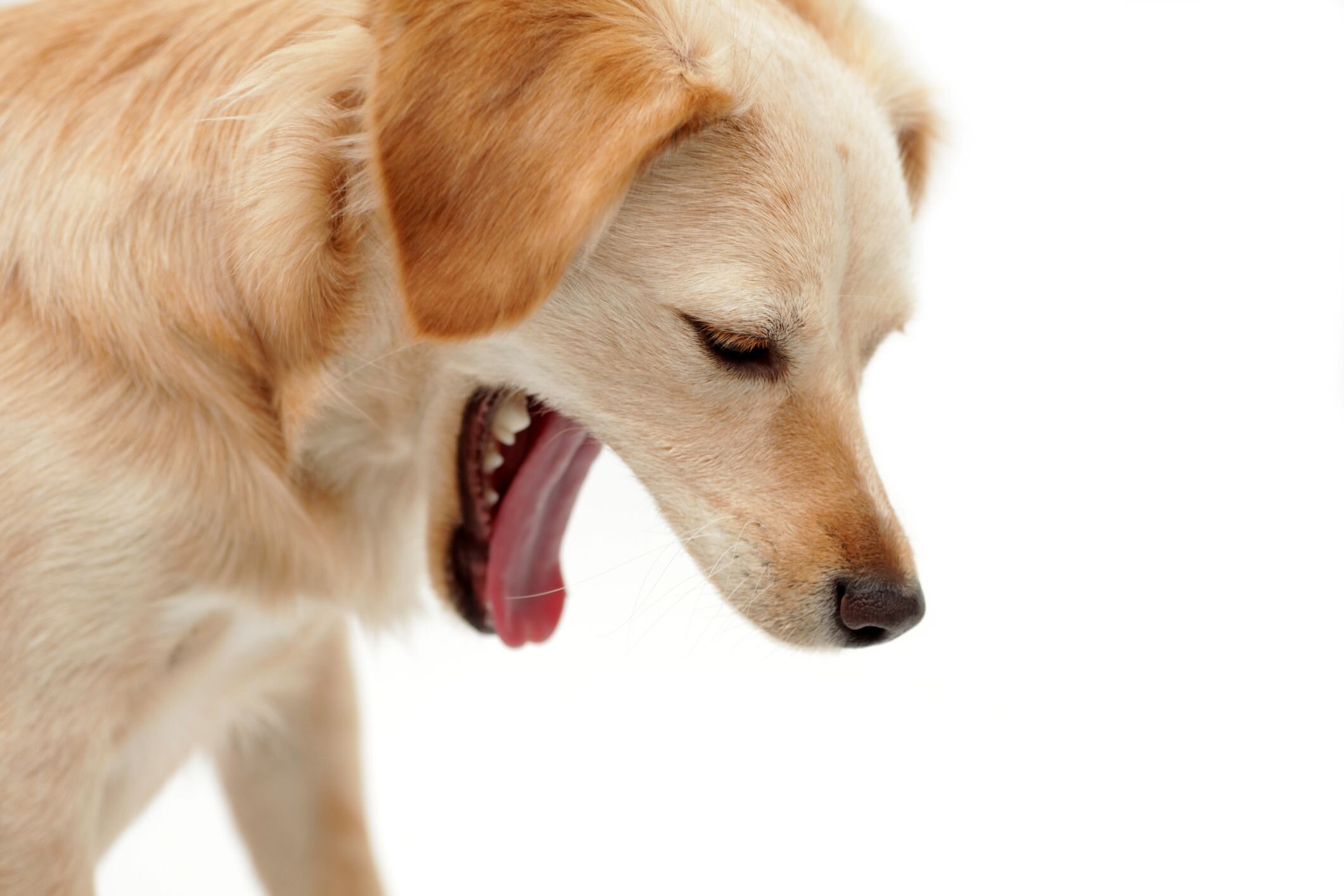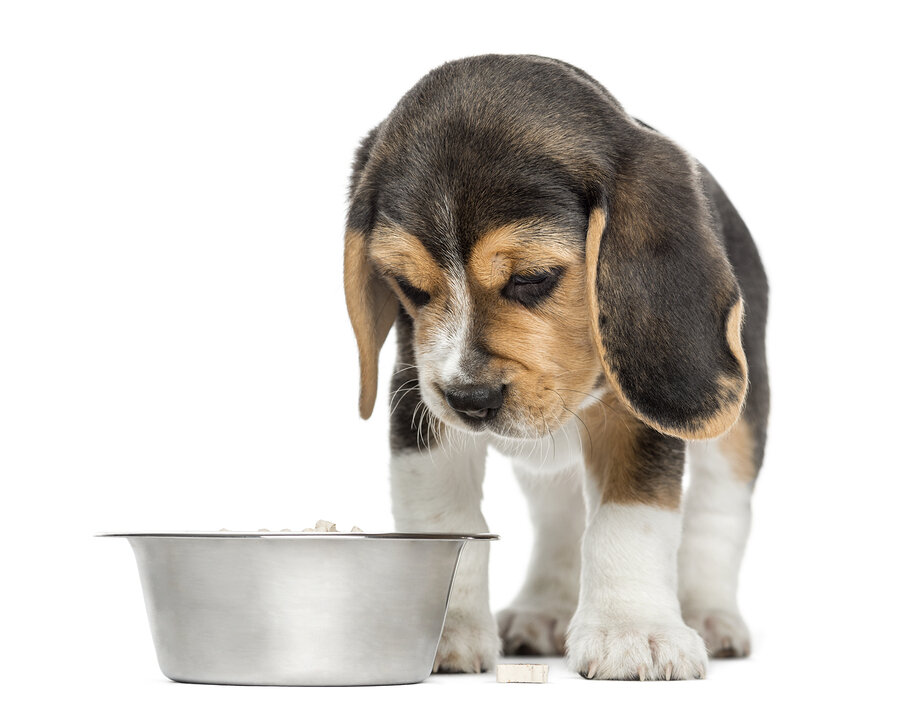As a dog owner, it’s important to have a better understanding of their digestive system to ensure that they’re as healthy as possible at all times.
Just like with any animal, a dog’s digestive system functions as its body’s method for absorbing much-needed nutrients. The digestive system also does various other tasks, such as maintaining the fluid and electrolyte balance and getting rid of the waste. Knowing how your dog’s stomach works will help you see if your dog is in good or bad condition, which then allows you to take care of them better!
Here below are a few pointers to keep your dog happy and healthy:
What Could Happen To A Dog’s Stomach
Before taking on the task of improving your dog’s wellbeing, you should understand the many ailments that a dog’s digestive system could go through. If a dog were to undergo digestive issues, they commonly suffer from the following:
Constipation - This is when a dog suffers from having far fewer bowel movements than natural, making it troublesome for them to pass stool.
Diarrhea - Aside from constipation, indigestion could also cause diarrhea, as their digestive tract is having trouble digesting and absorbing the food.
Vomiting - This commonly occurs when a dog eats their food too fast, but it could also be something more serious. A dog would also vomit if they were to ingest toxic substances, which would require urgent medical attention.
Breathing Issues - Another way you could tell a dog is having digestive issues is if they have trouble breathing. This is because their stomach becomes too full of food, making it difficult for them to move and breathe.
White Gums - Indigestion could lead to a dog suffering from an anemic attack. The light pinkish to white discoloration of their gums is a sign that they lack red blood cells. Anemic dogs are also often found to be relatively tired and weak.
Maintaining Your Dog’s Digestive System
Frequent Exercise - The best way to improve your dog’s digestion is by having regular exercise. Aside from assisting in their digestion, it would also help them stay at a fair and healthy weight.
Proper Hydration - Keeping your dog well hydrated is not only going to prevent dehydration, but it would also help with cleansing their digestive tract. Having a well-hydrated dog means that they could exercise more, as well as helping them regulate their body temperature.
Improving Their Diet - There are many ways for you to improve a dog’s diet, and the easiest way is to control their protein and fat intake. You should consider feeding your dog more protein to help them build and maintain their muscle, and feeding less fat to help avoid indigestion. Avoiding unhealthy fatty foods also helps prevent any potential cardiovascular diseases.
Although maintaining a proper diet would generally help them out, a lot of external things could still affect them, such as ingesting toxic substances. It might be intimidating at first since dogs are sometimes difficult to read—which makes this a good time for you to take them to a vet to ensure their safety.
Conclusion
Always pay attention to your dog. If they seem to be uneasy, that could be a sign that something is wrong! You should now be able to ascertain any potential stomach issues that your dog could be suffering and inevitably lower the chances of such issues ever occurring.
At Wags we have been building relationships with pet parents for over 18 years and take pride in our numerous success stories! Ask us your pet care questions and we'll be happy to help you solve any digestive care issues. We know just how important it is for furry companions to get only the best—which is why we’ve worked to make high-quality food, accessories, and toys accessible to everyone! Drop by our store today to see what we have to offer.




